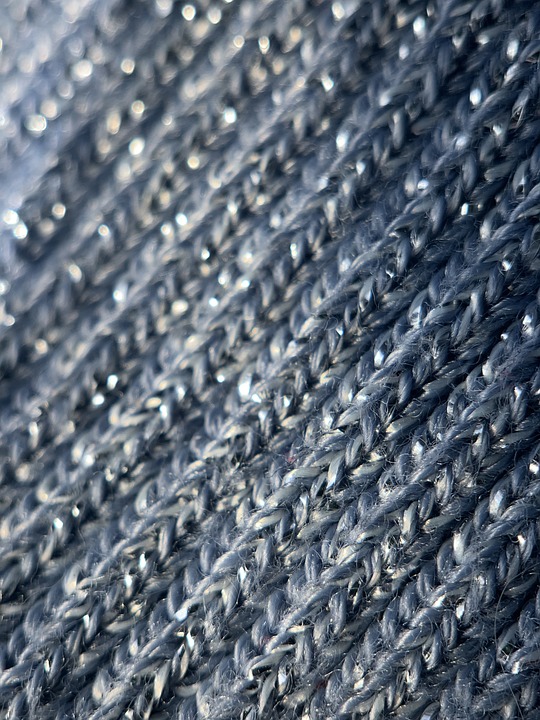Polyester is a synthetic fabric that has gained immense popularity in recent years due to its versatility and durability. From athletic wear to furniture upholstery, polyester is widely used across various industries and applications. In this article, we will explore everything you need to know about this remarkable fabric.
1. History and Composition:
Polyester was first developed in the early 1940s and quickly gained popularity as a replacement for natural fibers such as silk and cotton. It is made from petroleum-based fibers combined with chemicals to create a polymer. This polymer is then spun into thread or yarn and woven into fabric.
2. Durability and Strength:
One of the primary reasons for polyester’s widespread use is its exceptional strength and durability. Unlike natural fabrics that can be prone to tearing, polyester is resistant to most chemicals, stretching, and shrinking. It retains its shape well and can withstand repeated washing and wear without losing its structural integrity.
3. Versatility:
Polyester is an incredibly versatile fabric that can be used in a wide range of applications. It is commonly found in clothing items such as shirts, dresses, jackets, and activewear. Its wrinkle-resistant property makes it a popular choice for travel garments. Additionally, polyester is widely used in home furnishings, curtains, upholstery, bedding, and carpets due to its durability and colorfastness.
4. Moisture Wicking and Breathability:
Contrary to popular belief, polyester is not inherently uncomfortable or non-absorbent. Technological advancements have enabled the development of moisture-wicking polyester fabrics that promote breathability. These fabrics draw moisture away from the body, keeping the wearer cool and dry even during intense workouts or hot weather conditions.
5. Easy Care and Quick Drying:
Polyester is incredibly easy to care for. Its quick-drying nature makes it perfect for busy individuals or those who don’t enjoy spending hours doing laundry. Unlike natural fibers that may require ironing or special handling, most polyester garments can be machine washed and air-dried, saving time and effort.
6. Environmental Implications:
While polyester offers numerous benefits, its production also has some environmental implications. Being a synthetic fabric, polyester is derived from non-renewable resources such as oil and gas. Additionally, the production process involves the use of chemicals that can be harmful to the environment. However, efforts are being made to develop more sustainable options, such as recycled polyester made from post-consumer waste.
7. Innovation in Polyester:
Polyester technology continually evolves, leading to the development of new variations and applications. For example, polar fleece, a soft and warm fabric commonly used in jackets and blankets, is made from polyester fibers. There are also blends available, where polyester is combined with natural fibers like cotton or wool, providing the benefits of both materials.
In conclusion, polyester is a versatile and durable fabric that has become a staple in many industries. Its exceptional strength, easy care, and versatility make it an ideal choice for clothing, home furnishings, and various other applications. While there are some environmental concerns associated with its production, ongoing efforts are made to improve the sustainability of polyester. Whether you’re looking for workout clothes, a cozy blanket, or fashionable clothing, polyester is a fabric that is here to stay.

